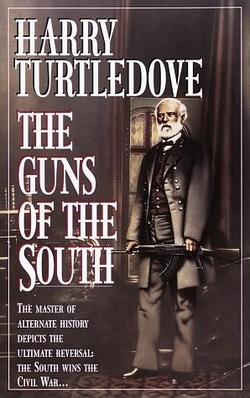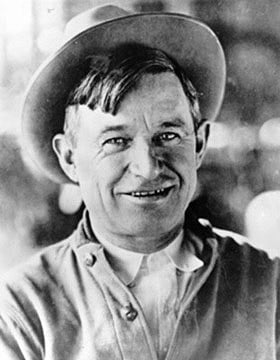In these difficult days, we all need a good news story and this one began eighty-four years ago when an Ottawa photographer, Yousuf Karsh, pulled a cigar out of Winston Churchill's mouth, rushed back to his camera and took a photo of the furious Churchill.
The day was December 30, 1941 and Churchill had just given a speech to the Canadian House of Commons to rally support for the war against Hitler. Britain and Canada had been at war for two long years, endured the loss of many lives, and America had just entered the war on December 8, 1941. Churchill was desperate to steel the resolve of the allies and to rally more help from America; Churchill's annoyance at Karsh for taking his cigar would help with both of those, while also becoming the most reproduced portrait in the history of photography.
Canada’s leading general interest magazine at the time, Saturday Night, published the scowling photo of Churchill, dubbed the Roaring Lion. When Life magazine put The Roaring Lion on their cover three weeks later, it focused the attention of the American public on the plight of Britain, and convinced them of Britain’s determination to win the war. The Roaring Lion photo is widely credited with helping Churchill rally the support he desperately needed to win the war.
Maria Tippett, Karsh’s biographer, stated:
“Just like the Old Masters who made kings and queens appear more beautiful or more powerful than they were, Karsh had used artful manipulation to transform an unpromising negative of a tired, overweight, sick, and slightly annoyed man into a photograph of a heroic figure.”
The Roaring Lion photo also catapulted Karsh's career and he soon became one of the most famous portrait photographers of all time. He went on to photograph many famous political and military leaders, writers, actors, artists, musicians, scientists, and celebrities in the post-war period. Among his other famous portraits are the iconic photos of Ernest Hemingway, George Bernard Shaw, Dwight D. Eisenhower and Soviet leader Nikita Khrushchev.
Karsh gifted the Roaring Lion photo, along with with other portraits, to the Chateau Laurier, the Ottawa hotel that was his home for almost two decades. This was another part of the good news story - these photographs were placed in the Château’s reading lounge, where everyone could enjoy these priceless works of art in the same lounge that Karsh and his wife spent many hours.
Unfortunately, making The Roaring Lion accessible to everyone who loves art also made it accessible to those who love to steal art and, sometime between December, 2021 and January, 2022, it was, indeed, stolen. However, because it was replaced with a forgery, it was eight months before the theft was discovered.
Robert K. Wittman, a former Federal Bureau of Investigation special agent said, “The real trick in art crime...is not in the stealing; it’s in the selling.”
The time between the theft and the discovery of that theft gave the thief a window of opportunity to sell it when no one knew it was stolen property. When The Roaring Lion photograph was finally located in Italy, in the home of art lover, Nicola Cassinelli, the problem was that Italian law didn't oblige him to relinquish it. He had bought it in good faith and he could keep it.
Here's where more good news comes in: Cassinelli waved his rights as a good-faith purchaser along with any financial compensation for the portrait, and he handed it over to Italian police.
“It cannot belong to one person and cannot be confined to the private space of a living room,” Cassinelli said. “The Roaring Lion belongs to anyone who cherishes freedom… I did not hesitate to return it.”
The other piece of rather charming good news is that Cassinelli still enjoys the photo, because he purchased a cheap replica from an online poster shop and hung it in place of the stolen original.
The thief? He was arrested on April 25, 2024, and charged.
When I first wrote about this art heist, it was not as a good news story but a story of a tragic loss for Canada. Now that the Roaring Lion was put back in it's original place in Chateau Laurier on November fifteenth, 2024, I'm able to see the thread of good news in this eighty-four-year-old story.
I'm not a 'glass half full' person because, like with most sayings, I don't even understand what it means. If there's good news and bad news, putting it in a glass doesn't change that - it's just good and bad news in a glass - whatever putting it in a glass means in the first place. However, I am forever in love with stories because turning the page in time brings a new twist, another turn, and that can alter everything.
Who knew that taking away Churchill's cigar could result in the good news stories of helping to win a war and also helping a Canadian photographer capture images of many iconic figures of world history? Many years later, the good news continues in the form two other utterly unique stories; priceless works of art that can be enjoyed by anyone who walks into the reading lounge of a downtown hotel and an Italian returning a priceless piece of art back to its home in Canada, just because it was the right thing to do.
















